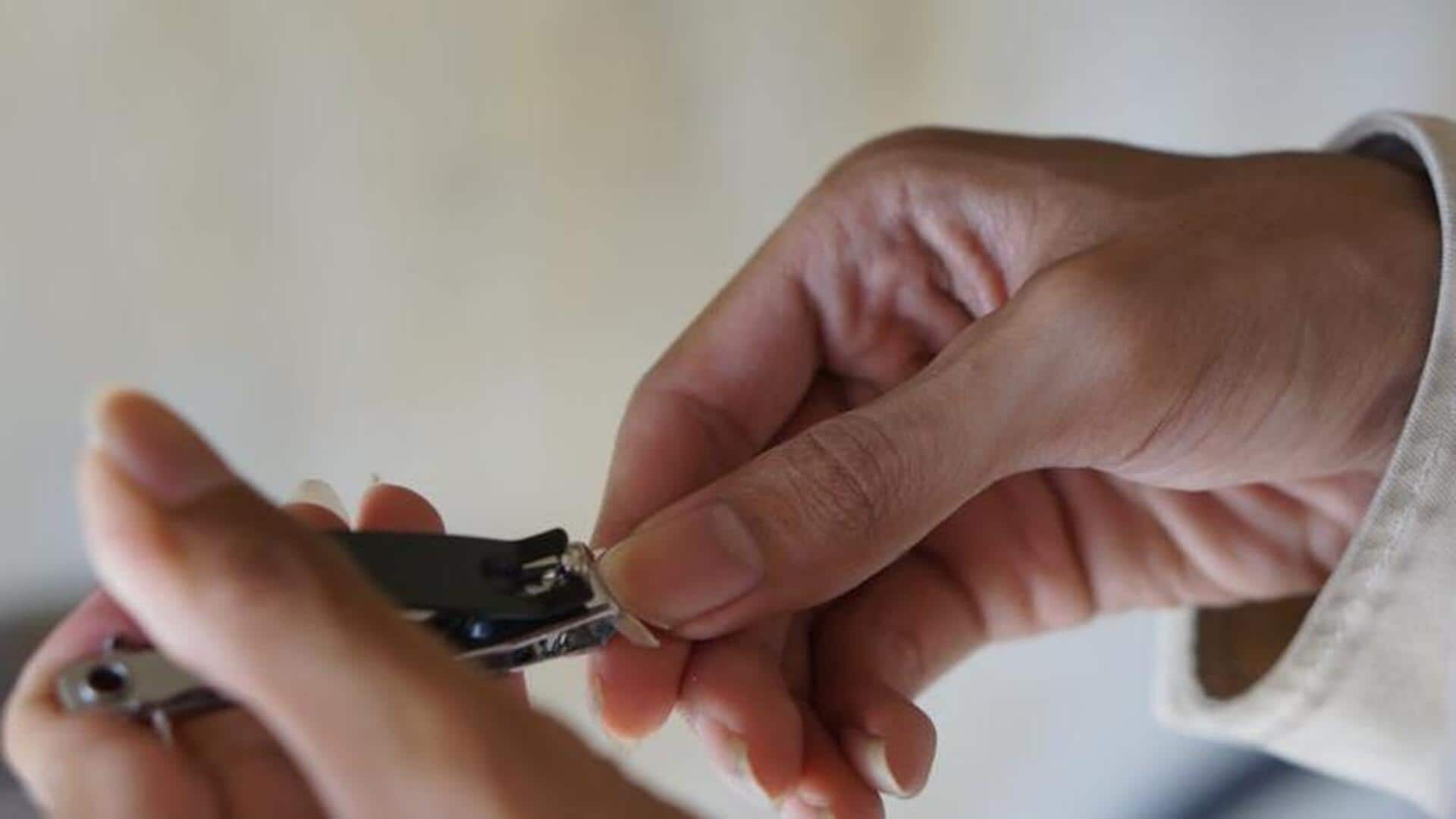
5 lesser-known Indian superstitions and their origins
What's the story
India is a culturally rich country, where superstitions are an integral part of everyday life. These beliefs often have their roots in centuries-old traditions and have been passed down generations. While some superstitions are common knowledge, others are quite bizarre. Here, we take a look at five such surprising Indian superstitions, where they come from and why they still exist in this day and age.
Protective charm
The mystery of lemon and chilies
In most parts of India, you will often spot lemons and chilies strung together, hanging at doorways or on vehicles. The practice is believed to ward off negative energies and bring good luck. It is said that the sourness of lemon combined with the spiciness of chilies creates an environment that repels negative forces.
Evening taboo
Sweeping after sunset brings bad luck
Sweeping floors after sunset is deemed unlucky in many Indian households. This superstition dates back to ancient times when homes were illuminated by oil lamps, making it tough to see tiny valuables lying on the floor. Sweeping during the night could accidentally result in misplacing these items, which was then linked to bad luck.
Grooming rituals
Cutting nails on certain days
In India, we avoid cutting nails on certain days, be it Tuesday or Saturday, because, well, we are superstitious. The practice comes from the times when people groomed themselves outdoors in daylight (for better visibility). Some days were deemed inappropriate for such activities, according to cultural norms.
Feline folklore
The fear of black cats crossing paths
The sight of a black cat crossing one's path is considered an omen of bad luck by many Indians. The belief finds its roots in ancient folklore where cats were associated with witchcraft and misfortune. Over time, this superstition has continued to persist, despite changing societal views about animals.
Festive restrictions
Avoiding haircuts during festivals
Many Indians also steer clear of haircuts during festivals, as it is thought to bring misfortune or disrespect deities being worshipped at the time. Traditionally, festivals were family occasions and not personal grooming sessions, to begin with. Thus, this practice became rooted over centuries as a part of cultural etiquette.